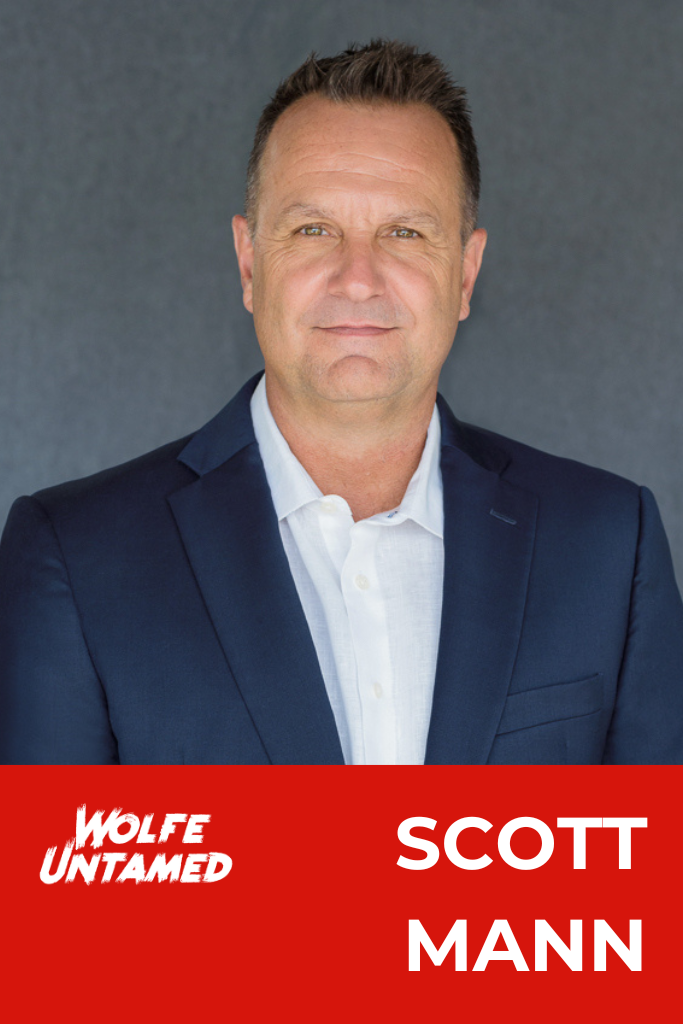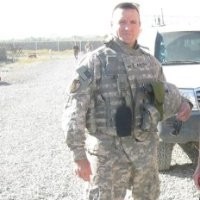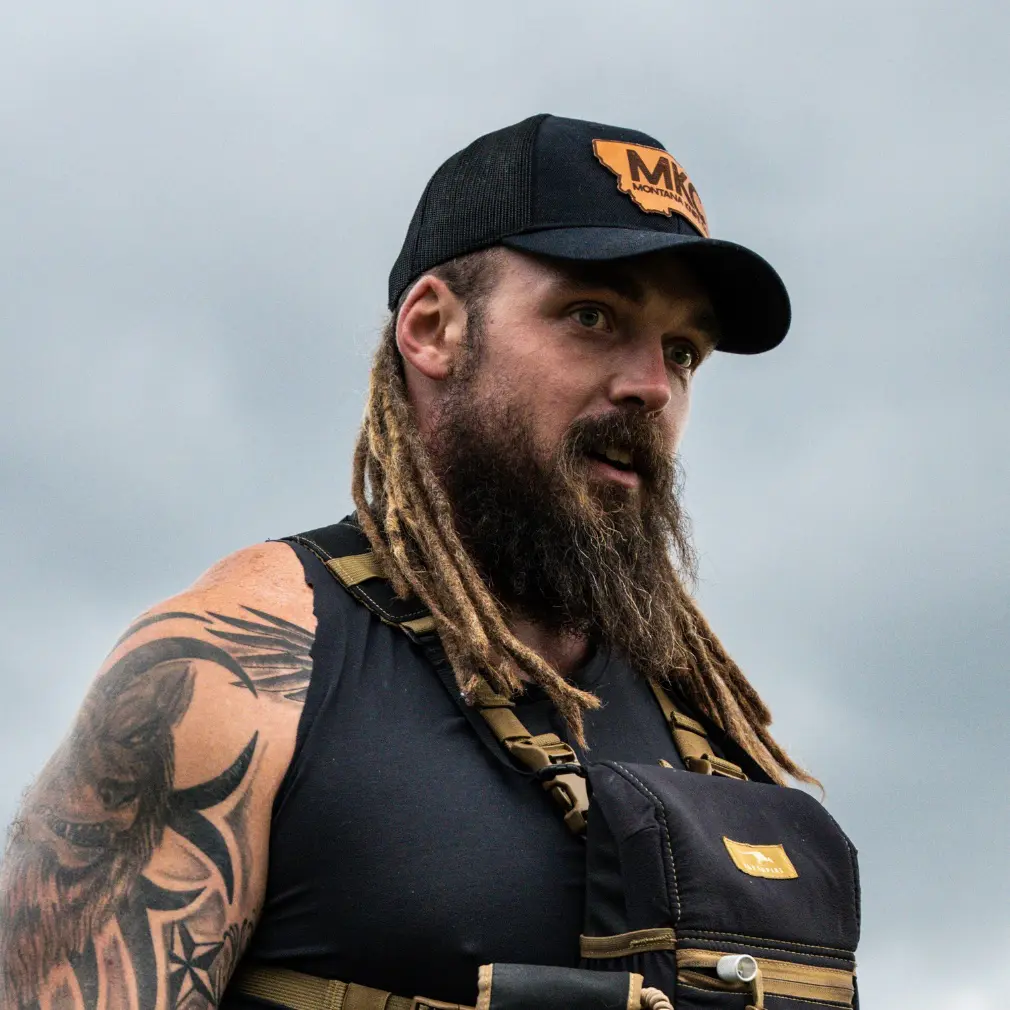From Green Beret to Bridge Builder: A Conversation with Scott Mann
The Journey Begins: Small Town Roots
Scott Mann’s journey to becoming a Green Beret started in the small towns of the southeastern United States. As the son of a U.S. forester and a teacher, Mann grew up with strong patriotic values but faced his share of challenges. “I was a runt, pretty small kid, pretty severely bullied,” he recalls, describing his early years. However, a chance encounter at age 14 would change the course of his life forever.
In the small town of Mount Ida, with a population of just a thousand people, Mann met a Green Beret named Mark who took the time to share his experiences. “He took the time to sit down with me in a soda shop… and tell me about what he did as Special Forces,” Mann remembers. The concept of small teams working “by, with, and through” indigenous people to build relationships and create massive impact resonated deeply with the young Mann.
The Making of a Green Beret
Rather than entering the Army immediately after high school, Mann chose the path of becoming an officer through ROTC. His motivation wasn’t just about combat operations – it was about leadership and empowerment. As he explains, “80-90% of Special Forces, they’re NCOs, they’re sergeants. It’s a sergeants organization… and the officers have the privilege to really run top cover for these guys.”
Mann earned his Green Beret in 1996 and spent the next 18 years of his 23-year career as a Special Forces officer, learning crucial lessons about relationship building and human connection that would later shape his civilian life.
Afghanistan: Lessons in Human Connection
Mann’s experiences in Afghanistan provided profound insights into the importance of relationship building in complex environments. He describes how the initial success of Special Forces teams working with local populations gave way to a more conventional approach that proved less effective:
“When the war started… the fifth Special Forces group guys came in on horseback and they liberated, ran the Taliban and Al-Qaeda out using modern technology and jets. But then what we did was we moved into these built-up fire bases… Well, the Taliban did it the opposite way. They went to the rural areas where they were the safest and where the people were the most distanced from their government.”
The Generosity of Scars
One of the most powerful concepts Mann discusses is what he calls “the generosity of scars.” After facing his own battles with mental health and suicidal ideation post-service, Mann discovered the healing power of sharing one’s struggles to help others:
“Struggle is the universal singular that we all go through. It transcends everything… when you can repurpose your struggle through the power of storytelling, and you do it in the service of others… it creates this accelerated trust.”
Task Force Pineapple: A Mission of Honor
Perhaps one of the most moving segments of the conversation revolves around Task Force Pineapple, an initiative Mann helped create during the U.S. withdrawal from Afghanistan. The mission began with one Afghan commando named Nizam, who was “hiding in his uncle’s house, like Anne Frank” while Taliban forces hunted him.
Mann and other veterans couldn’t accept abandoning their allies: “A lot of us who had fought multiple tours over there who are alive because of guys like Zam said, no, man. That’s not, I’m not okay with that.” Using their phones, relationships, and knowledge of the country, they helped evacuate approximately 750 Afghan allies through what became known as the “Pineapple Express.”
Modern Challenges and Connection
Mann sees parallels between his experiences in Afghanistan and the current state of American society. He describes what he calls “shadow tribalism” – the reemergence of tribal behavior in modern society, exacerbated by technology and social media:
“Seven years ago… you didn’t unfriend somebody if they voted for a different candidate… Even the word unfriend has become a verb that is so normalized. But you could do that over a candidate, a political candidate, either of which I would not let teach civics to my kid.”
A Call to Connection
Mann’s message today centers on the critical importance of human connection in an increasingly divided world. Drawing from his Special Forces experience, he teaches people how to bridge divides in low-trust, high-risk environments – which, as he notes, “Nowadays is anywhere in America.”
“If we don’t start valuing human connection as a life skill, we’re screwed,” Mann states emphatically. “Connect like your life depends on it” isn’t just a slogan for him – it’s a vital principle he teaches to both Green Berets and civilians alike.
Looking Forward
Mann emphasizes the importance of being prepared while maintaining human connections in challenging times. His work now focuses on helping people understand and navigate an increasingly complex world while keeping sight of our shared humanity.



